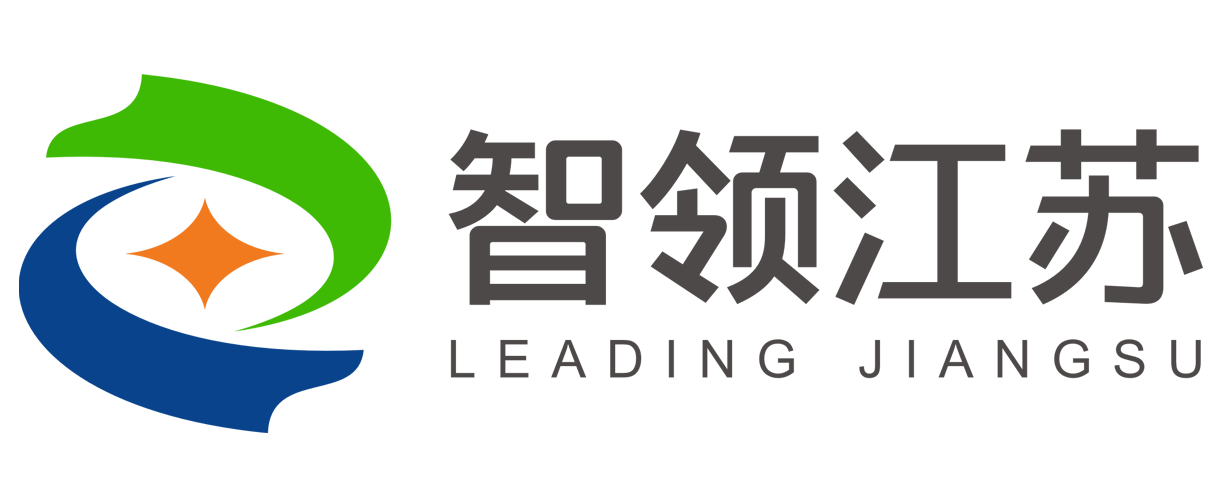资源介绍
Objectives: Lower health literacy (HL) is associated with poor outcomes in patients with kidney disease. Since HL matches the patient's competencies with the complexities of the care package, the level of HL sufficient in earlier stages of chronic kidney disease (CKD) may be inadequate for end-stage kidney disease (ESKD) patients on dialysis. We aimed to analyse the HL profile of ESKD and non-dialysis CKD patients and examine if there were significant associations with covariates which could be targeted to address HL deficits, thereby improving patient outcomes.
Design and setting: Cross-sectional study of CKD and ESKD patients from a single Australian health district.
Methods: We assessed the HL profile of 114 CKD and 109 ESKD patients using a 44-item multi-domain HL Questionnaire (HLQ) and examined its association with demographic factors (age, gender, race), smoking, income, education, comorbidities, carer status, cognitive function and depression. Using multi-variable logistic regression models, HL profiles of CKD and ESKD patients were evaluated after adjusting for covariates.
Results: Patients with ESKD had similar demographics and educational levels compared to CKD patients. ESKD had significantly higher frequency of vascular disease, cognitive impairment and depression. ESKD patients had better HL scores for the social support domain (37.1% vs 19.5% in higher HLQ4 tertile, p=0.004), whereas all other HL domains including engagement with healthcare providers were comparable to CKD. Depression was independently associated with nearly all of the HL domains (HLQ1: OR 2.6, p=0.030, HLQ2: OR 7.9, p=<0.001, HLQ3: OR 7.6, p<0.001, HLQ4: OR 3.5, p=0.010, HLQ5: OR 8.9, p=0.001, HLQ6: OR 3.9, p=0.002, HLQ7: OR 4.8, p=0.001, HLQ8: OR 5.3, p=0.001) and education with HL domains relevant to processing health related information (HLQ8: OR 2.6, p=0.008, HLQ9: OR 2.5, p=0.006).
Conclusions: Despite very frequent interactions with health systems, ESKD patients on dialysis did not have higher HL in engagement with health providers and most other HL domains, compared to CKD patients. Strategies promoting patient-provider engagement and managing depression which strongly associates with lower HL may address the impact of HL deficits and favourably modify clinical outcomes in renal patients.?






